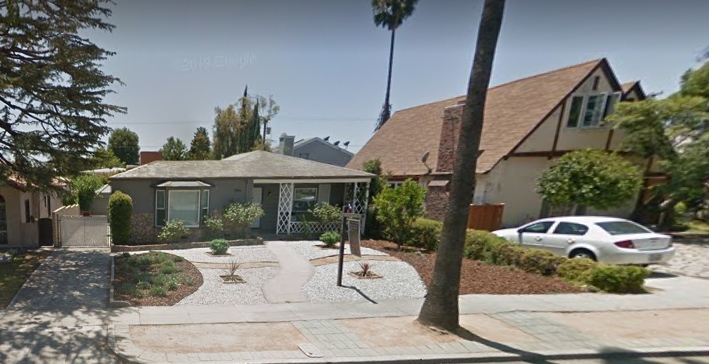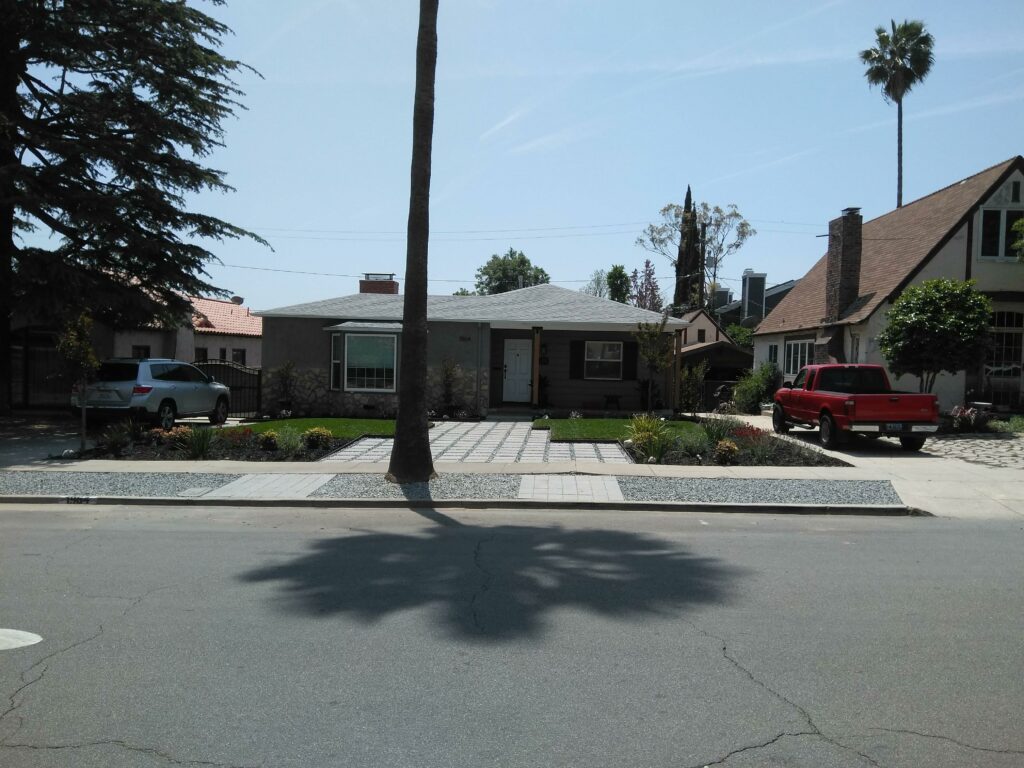So there you are. You and your spouse are looking at homes. You are making plans to raise your kids in a new home, and you have looked at a dozen homes already. Then, like a blessing, you find a house that captivates your attention on Zillow. You pay the house a visit, with your agent, and fall in love. Just like that.
You can’t believe how beautiful it looks. The lawn is lush and green. The fence looks new, the flower beds are neat and have fresh mulch. You make your way in and you are welcomed by an open floor plan; the floor looks amazing. It’s fully furnished with just the right amount of wall decorations. You make your way into the kitchen, and the appliances and fixtures are state of the art. You then make your way into the master bedroom and bath. By now you are sold. You look at each other, and you know you are going to tell your agent to make an offer. You are even considering paying extra to buy it fully furnished.
House flippers are great at staging a property. This is why you want it, and you can’t wait to ask your friends and family to help you move. You are probably day-dreaming about renting a U-haul truck and ordering pizza and beer at the end of the day to share with your friends and family in order to celebrate this milestone.
If you find yourself wondering what a landscape contractor knows about house flippers, well you aren’t alone. So let me take a bit of time to address your concern, but before I do, let me just clarify that I’m not advising that you completely avoid buying a home from a flipper.
If, after reading this post, and conducting proper research, you arrive at the conclusion that you should proceed with purchasing a flipped home, go for it.
As a landscape contractor, I have worked for many house flippers and have found that they generally fall into one of two categories.
The first type of house flipper has years of experience and understands construction methods and processes. This flipper generally works on one or two properties at a time and acts as a general contractor supervising the project. He or she has built a team of trusted contractors who usually work on all of his or her projects. They usually produce a quality product, and they have pulled all the necessary building permits. If you haven’t guessed, this is my favorite type of house flipper. Buying a home from this type of house flipper isn’t usually a bad idea.
The second type, the type you must guard yourself from, doesn’t know much about construction. They may have years of experience flipping homes, but they still don’t understand construction nor do they care to understand it. The only thing they know about it is that it delays them from listing the home and selling. They are focused on one thing and one thing only, profit. Their goal is to invest the minimum amount of money and collect the maximum amount profit that the current market allows. They haven’t realized that it’s precisely this thinking that delays the project. Meanwhile, they have overextended themselves and hold several mortgages on several properties. Each month that passes eats part of their profit.
So why watch out for this second type of house flipper? It’s simple. They aren’t looking to produce a quality product. They are completely profit driven. Besides the cost of purchasing the property, they have two other types of costs, materials and labor.
When this type of house flipper looks at the spread sheet, he or she knows that material costs are fixed. They aren’t going to haggle with Home Depot, Lowes or any other merchant. The lumber, tile, pipes, sink, electrical wires, toilet and the rest of the materials will slightly deviate in price depending on where they are purchased. However, they will not deviate enough that it makes a great difference. That leaves labor costs. It’s here that they try to reduce their total investment. They haggle with contractors and often times will hire unlicensed contractors as they tend to be cheaper. However, good work isn’t cheap and cheap work isn’t good.
As a landscape contractor, I can’t tell you how often house flippers want to cut corners when it comes to labor. Often times, they will tell us to skip the herbicide application. They even want to skip tilling and grading soil before a sod installation. We have had them ordered that we just throw new sod on top of the old grass. Many times we have been requested to just buy small cheap plants that will temporarily look great, but will, often times, overgrow or simply die in the designated location.
One particular house flipper even wanted a small retaining wall built without the proper footing, and don’t get us started about irrigation. This is a particular important item for any landscape. Often times, they want to irrigate everything with less sprinklers and less drip irrigation than required. An unsuspecting buyer may not notice. Why would they? The house is being maintained while it’s listed. Someone is supplementing the watering with a hose. You get the picture. So proceed with caution, because if you don’t get the picture now, you will get it after you move in.

This home was landscaped for a quick sale. 
The new owners called us to re-design after about 18 months of being there. 
Major difference.
We strongly recommend that you hire an experienced contractor to inspect the home prior to purchasing. You should also talk to the neighbors to see if anyone observed the construction process. Ask the seller about the contractors that worked on the house. Ask for names. Look for them online. Check to see if they are licensed, and check their work portfolio. Gather as much information as possible. Otherwise, you might be left with a surprise, and not the type of surprise you like.
